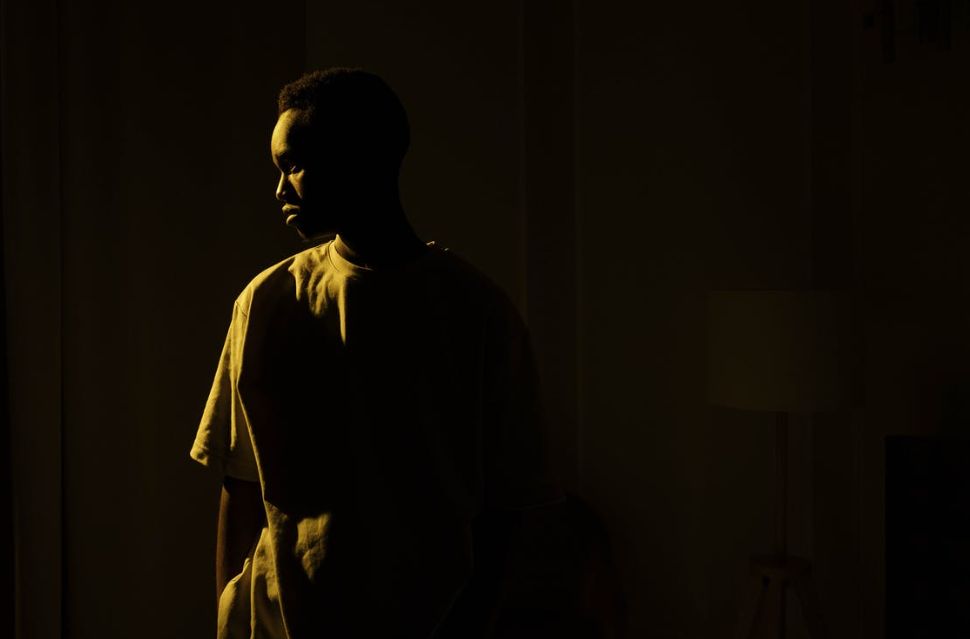A few years ago I was attending a conference and the lecturer (a sleep doctor) presented a case of shift work sleep wake disorder in one of the night technicians who worked in her sleep lab. During the presentation she joked that the best solution was for the technician to quit their job. At the time all I could think was wow she really doesn’t get it, how in the world would that advice be helpful or realistic? Had she considered if the patient was supporting a family or was so passionate about their work that leaving it was not an option. A conundrum many of our colleagues also face.
I tell this story because one mistake I think patients and health caregivers alike miss the mark on is the over-focus on sleep as the holy grail. In reality, sleep is only important insofar as it impacts our waking hours, because that is what we really live for. How we feel during the day and functionally optimally is the real brass ring. All of us has a desire to reach our maximal potential, sometimes at the expense of sleep.
I was excited to see an article in-press (Vital-Lopez et al 2021 – Department of Defense) looking at an algorithm for determining how sleep schedules and strategic rest periods can be managed for optimal alertness. Their article states that up to 30% of the U. S. work force is on a non-9 to 5 work schedule and 60% of those with flexibility in their work schedules.
The computational algorithms they developed are designed to use in real time to predict:
- optimal times to sleep for fixed work periods
- optimal times to work for fixed sleep periods
- optimal combinations of sleep and work times, in each case leading to peak alertness during work periods.
The researchers designed four studies looking at variations of shift work and used their computational models to predict the optimal times and durations for sleep to optimize alertness and were able to improve the average alertness impairment by 19-37%.
This kind of technology will revolutionize occupational health and benefit millions.
Would you use a tool like this if it was readily available?


